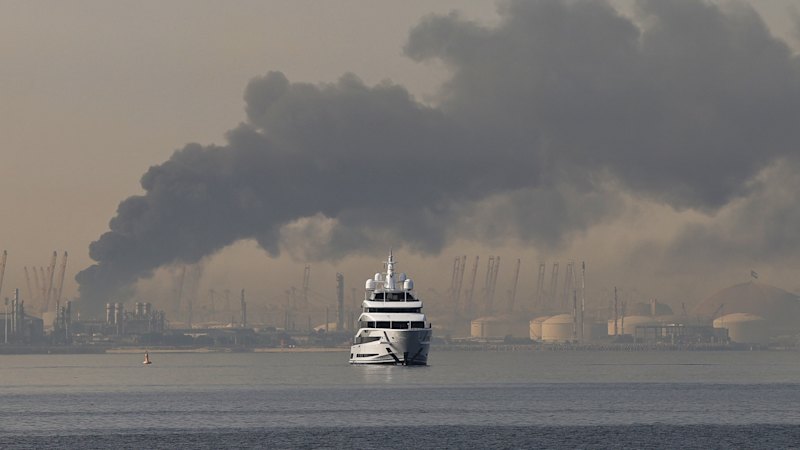
Recent research highlights a concerning connection between consuming very hot beverages and an increased risk of oesophageal cancer. The International Agency for Research on Cancer classified drinks served above 65°C as “probably carcinogenic to humans.” This classification aligns with findings that drinking hot beverages, particularly those exceeding this temperature, may contribute to cancer development.
Studies from South America indicated a link between high temperatures and oesophageal cancer, particularly among heavy consumers of maté, a traditional herbal drink often served around 70°C. Similar associations have emerged from research conducted in the Middle East, Africa, and Asia. However, substantial evidence from European populations has been less prevalent until recently.
A large-scale study in the United Kingdom, involving nearly half a million adults, reinforced these findings. The research revealed that individuals consuming eight or more cups of very hot tea or coffee daily faced nearly six times the risk of developing oesophageal cancer compared to those who did not drink hot beverages.
Understanding the Mechanism
The underlying mechanism linking hot drinks to cancer involves potential damage to the cells in the oesophagus. Over the past 90 years, researchers have theorized that frequent consumption of very hot beverages could lead to cellular damage in the oesophagus lining, eventually resulting in cancer. Animal studies have illustrated that mice exposed to water at 70°C developed precancerous growths more rapidly than those given cooler water.
Another hypothesis suggests that heat may weaken the oesophagus’s protective barrier, increasing susceptibility to damage from gastric acid reflux, which can also contribute to cancer risk over time.
Research indicates that the volume and speed of consumption of hot drinks play a role in the potential for heat injury. One study found that large sips—specifically 20 millilitres of coffee at 65°C—could elevate the temperature within the oesophagus by up to 12°C. This sustained heat exposure may lead to chronic injuries, increasing cancer risk.
Recommendations for Safe Consumption
Given the health implications of drinking very hot beverages, it is essential to consider safe consumption practices. Research suggests that the optimal brewing temperature for coffee should be around 57.8°C, balancing flavour and reducing the risk of heat injury.
It is advisable to allow hot drinks to cool before consumption; letting a beverage sit can reduce its temperature by 10–15°C within five minutes. Taking smaller sips can also mitigate the risk of heat damage, as smaller amounts are less likely to cause significant temperature increases in the oesophagus.
While enjoying hot beverages is a cherished ritual for many, awareness of the risks associated with very high temperatures is crucial. As noted by Vincent Ho, Associate Professor and Clinical Academic Gastroenterologist at Western Sydney University, adopting mindful drinking habits can help safeguard health without sacrificing enjoyment.
The findings underscore the importance of understanding how beverage temperatures can impact health, encouraging individuals to enjoy their drinks safely and responsibly.






